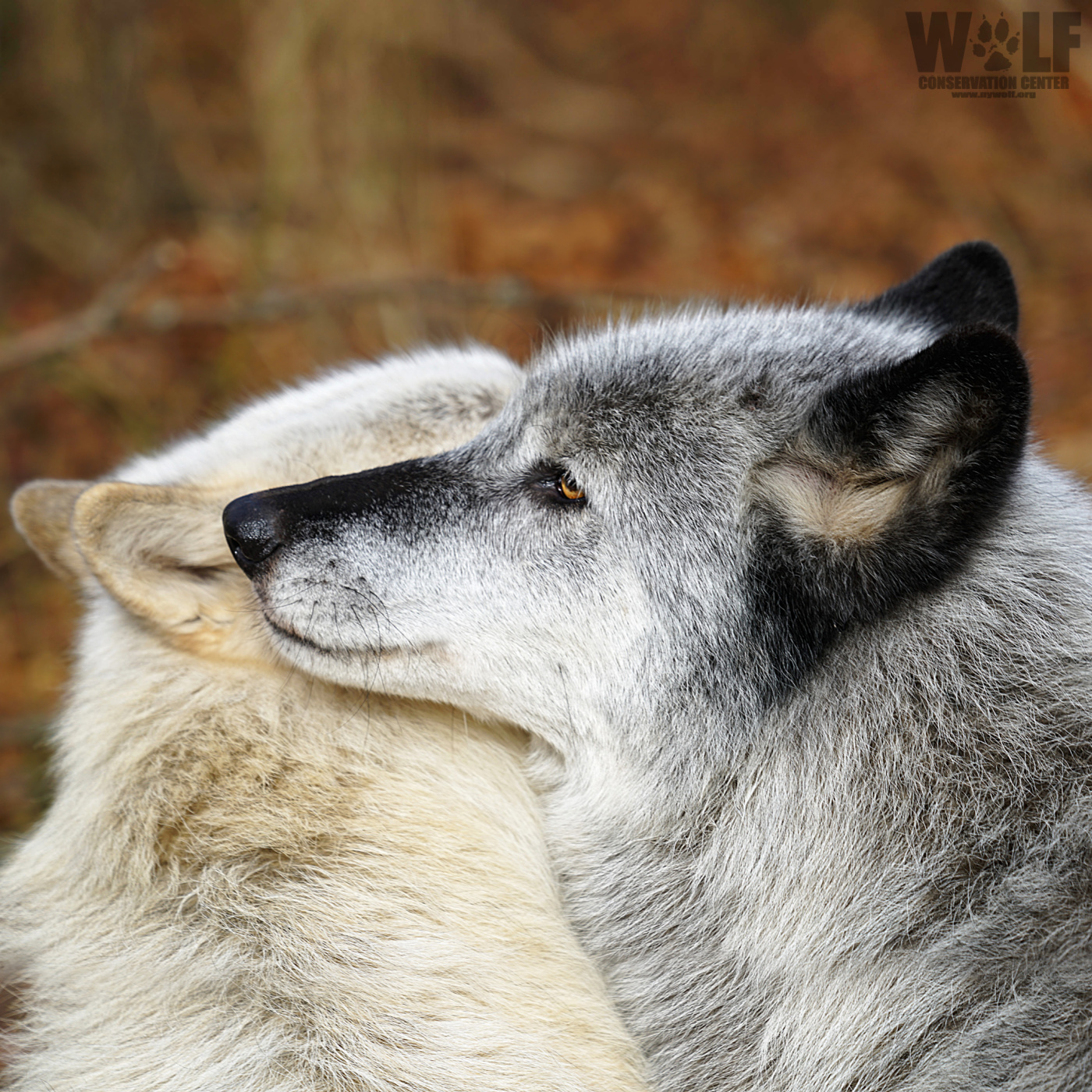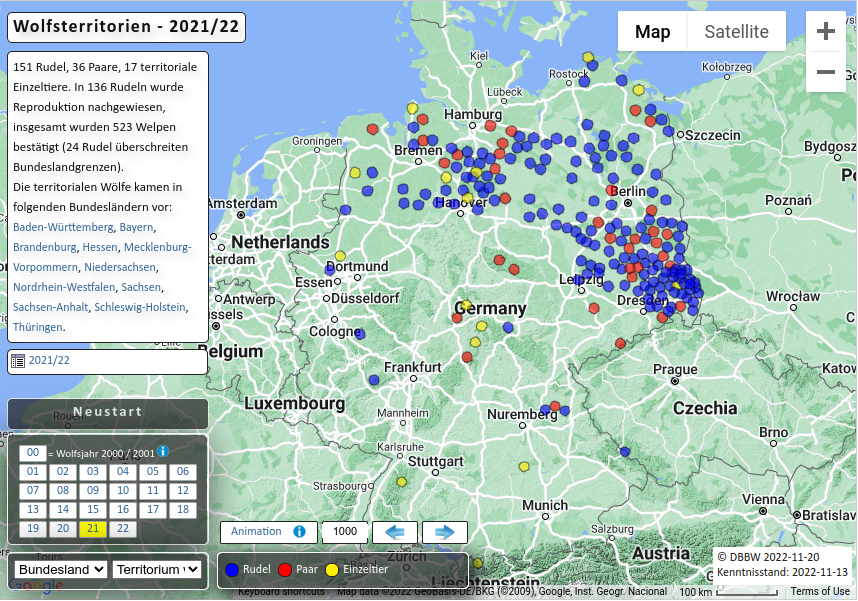Wolves and humans: How can we reduce conflict?

Despite unhappiness from certain portions of the population, wolves in Slovakia are likely not in imminent danger. As quoted on Deutsche Welle (the German state broadcaster), Juraj Lukac of the WOLF Forest Protection Movement says:
All of this hype about wolves is just fake. They did not harm anyone, and, since the European Commission had made a clear statement on the matter, the conservation of wolves is safe for now.
Unfortunately, whether fake or not, the fear of wolves is real. In the US, The Voyageurs Wolf Project, a research project from the University of Minnesota, has reported people often express fear that wolves will start attacking humans as prey. This fear is unfounded, with wolves preferring to avoid humans when possible. A 2021 report from the Norwegian Institute for Nature Research, studying wolf attacks that occurred between 2002 and 2020, found only 26 fatal attacks worldwide, and that 78% of wolf attacks were due to rabies. In its summary, their report states:
In Europe and North America we only found evidence for 12 attacks (with 14 victims), of which 2 (both in North America) were fatal, across a period of 18 years. Considering that there are close to 60 000 wolves in North America and 15 00 in Europe, all sharing space with hundreds of millions of people it is apparent that the risks associated with a wolf attack are above zero, but far too low to calculate.
Wolves do, however, pose a threat to livestock, and this is exploited by some political parties. An analysis of wolf livestock attacks and voting patterns in Germany found that these wolf attacks could be used to predict increased votes for far-right political groups. Given that wolves are a valuable part of the environment, it's necessary to take actions to reduce the negative effects that they may have on communities.

On Deutsche Welle, zoologist Jergus Tesak promoted the combined use of electric fences and guard dogs to prevent wolves from attacking livestock. This approach has proven highly effective in other contexts. The Cheetah Conservation Fund has, since 1994, been giving Namibian farmers Anatolian shepherd dogs to protect their livestock. This is reported to have reduced predation rates by over 80%. Spurred by those successes, The Cheetah Outreach Trust in South Africa launched a similar programme in 2005. They report that the dogs have reduced livestock losses by 95-100%. Not only do the dogs protect livestock from cheetahs, but from many other predators as well. It's important to note that the Anatolian shepherd dogs being deployed in southern Africa were originally bred in Turkey, to protect livestock from bears and wolves. (The Anatolian shepherd is not actually a recognised breed in Turkey, because it was bred from different Turkish livestock guardian dogs, which were brought to the United States by a US Navy Lieutenant.)
Finally, it's worth looking at the bigger picture. In the conflict between wolves and humans, we can clearly see the negative impact that wolves have had on the livelihood of farmers. But what shouldn't be overlooked is a much larger, indirect conflict happening between farmers and other wildlife: livestock farming is devastating to the environment, and, without places to live, animals suffer. The World Wildlife Fund estimates that 60% of global biodiversity loss is due to our meat-based diets. Switching to a plant-based diet would eliminate most of the conflict with wolves, dramatically reduce the land needed for farming, and go a long way towards helping us reach our climate goals.
As we try to repair the damage we've caused to the environment, we'll increase the population of wolves and other creatures; though this may also provide more opportunity for conflict between humans and animals. It's imperative that we don't give into fear-mongering about the supposed dangers of wolves. Wolves are not a danger to humans, and it's possible to manage livestock conflicts using many non-lethal methods. Changing to a plant-based diet could reduce conflicts with wolves, while also having many additional environmental benefits.

About the author
Rakuen Growlithe — read stories — contact (login required)a scientist and Growlithe, interested in science, writing, pokemon and gaming
I'm a South African fur, originally from Cape Town, who spends most of his time in Europe. I'm interested in all sorts of things, particularly science, furry and some naughtier things too!
Comments
Part 2: how can rakuen defend fucking them
Having just re-watched Princess Mononoke (thanks, Netflix), I find it hard to believe we wouldn't come into conflict with wolves over something, even if it wasn't in the forests but below them. Maybe if we went to sea for our minerals? But then, there's the wolves of the sea (also on Eurovision, and in Afrikaans apparently).
Post new comment